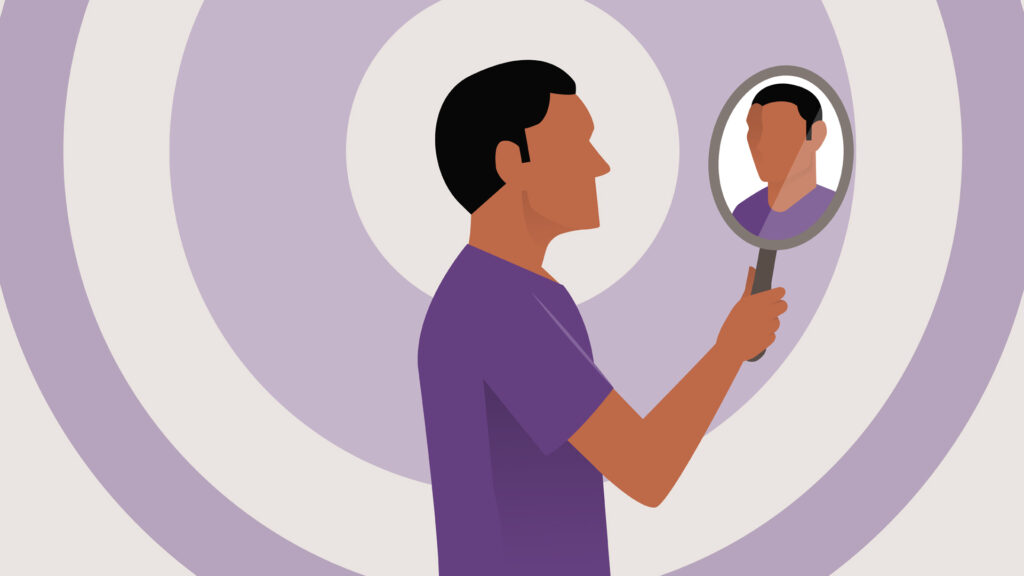
In the first few months of 2024, the world woke up to what would turn out to be among the worst pandemics in history. With a vaccine or cure yet to be discovered as of June 2024, the coronavirus pandemic has changed the way we live our lives across the world. Talk of lockdowns, curfews, and stay-at-home orders, many people around the globe have fallen victim to the wrath of Covid-19, the disease caused by the novel coronavirus, SARS-CoV-2. Despite many people having lost their jobs to layoffs as many companies have closed down, the viral disease had claimed many lives (at least 488,000+ out of more than 9.8 million positive cases recorded as of 25th June 2024).
Still, a staggering 5.2 million-plus patients had recovered from the virus by this date around the globe, thanks to various medical interventions and efforts of healthcare workers, who have been at the frontline in the fight against this disease. Nurses, doctors, and other healthcare professionals have been fighting this pandemic with everything they’ve got since the very beginning, and as anyone would expect, it hasn’t been a walk in the park for most of them.
This is especially the case in places where new cases have been rapidly increasing, along with those experiencing many patients in critical condition. From emotional trauma to exhaustion, risk exposure, and challenges such as the lack of adequate PPE’s, it’s been quite a bumpy ride for health professionals in the past few months of 2K20. Starting with the perks and challenges most of them are facing, we explore below what it’s like to be a healthcare worker in 2024.
The Good

Today, healthcare workers are the superheroes of society. This is because, for one to recover from COVID-19, it all depends on how the symptoms are managed and treated. Since we don’t have a vaccine or a cure yet, most treatment approaches focus on strengthening the patient’s immune system to fight the virus and eliminate it from the body. It’s mostly about preventing the advancement of the disease condition to critical, and that’s where healthcare workers come in handy.
Another benefit of being a healthcare worker in these challenging times is that you may get some level of satisfaction while saving lives. Additionally, healthcare workers are in high demand across the globe, meaning that as long as you have the qualifications and some experience, you’re less likely to be out of a job during the pandemic. It’s also good to have qualifications like HIPPA so you know how you can protect yourself when it comes to sharing confidential patient information. If you don’t have HIPPA certification yet as a healthcare worker, you can visit hipaaexams.com and learn more about this course to ensure HIPPA compliance. In the healthcare industry, advancing your knowledge and skills allows you to be of better service to patients.
Common challenges our healthcare workers are facing in 2024

As earlier mentioned, many healthcare professionals are having it rough in these COVID-19 times. Some of the challenges many are facing around the globe include the following:
- Extremely long working hours with surges in new cases
- Mental and emotional trauma from the many lives lost
- Inadequate personal protective equipment
- Increased risk of infection from constant exposure to the virus
- The fear of transmitting the virus to their loved ones
- Inadequacy of facility equipment such as ventilators and ICU beds
Tips To Get You Going
1. Self-awareness:

During these challenging times of the coronavirus, it will be important as a health care worker to sustain your physical, emotional, social, and spiritual well being. Coronavirus has turned up to be a marathon and not a sprinter to the medical field, but even as you attend to the masses of patients, your safety must come first. As a healthcare hero, emotionally intense moments are guaranteed to occur, which makes it important to remain composed as you handle the patients. You’ll also need to be compassionate with yourself, eat well, and get healthy sleep when you can to help you stay more resilient. Always wear the right protective equipment as you keep tabs on yourself for any related symptoms of the virus. Caring for yourself during this period will not only have a positive impact on you, but also on your family, friends, and colleagues.
2. Passion:
As a healthcare worker in these overwhelming times, the passion for your job will keep you going. Being passionate about your job will ensure your performance is overboard even if your colleagues keep throwing in the towel out of mental and physical pressure. Loving your job will help you attend to the patients’ needs better.
3. Communication:

Communication is a key and vital element between you and the patient. It’s one of the topmost important skills of a good healthcare worker. During your practice, you will be required to talk to the patient, your colleagues, and the patient’s family members about the treatment and the progress of the patient to ensure you are on the same page. Effective communication in healthcare also requires having good listening skills, especially when the patient explains to you how they are feeling, their symptoms, and medical history. With the coronavirus infecting people in their millions today, you may also need to engage the patient to find out how many people he or she interacted with so facilitate contact tracing. Always be patient, never rush a patient, and ensure you get as much information as possible.
4. Multitasking:

With the COVID 19 patients flooding the hospitals every other minute, and the high rates of infection, multitasking is something you cannot evade as a health worker. Also, you will likely be required to attend to more than one patient at a go from time to time. You will need to be calm to get things done without getting overwhelmed by the pressure.
5. Empathy:
A healthcare provider should be empathetic and compassionate towards his patients. This applies in full-throttle in these coronavirus times. You are more likely to encounter patients with difficult personalities, some even in self-denial about their COVID-19 status. You cannot afford to be rude or harsh when dealing with such a patient. No matter how much pressure you’re exposed to, it’s crucial not to allow the frustrating situations you encounter in the practice take a toll on you.
There’s no denying that we live in extremely trying times in 2024. Researchers, epidemiologists, and health scientists say that the situation is likely not to get better for scores of months to come. As a healthcare worker, the best you can do is keep fighting, protect yourself, and keep saving lives!







